Dates: Nutritional Powerhouse, Benefits, and Uses
Dates, the sweet and chewy fruits of the date palm (Phoenix dactylifera), have been a staple food in Middle Eastern and North African cultures for thousands of years. Known as nature’s candy, dates are not only delicious but also packed with essential nutrients, antioxidants, and health benefits. Whether enjoyed as a quick snack or a natural sweetener in recipes, dates are a versatile superfood worth incorporating into your diet.
Dates are not just naturally sweet but also packed with nutrients that provide a range of health benefits. Let’s explore the nutritional value, benefits, and versatile uses of dates in a structured table format.
Table of Contents
Nutritional Value (Per 100g)
| Nutrient | Amount | % Daily Value (DV) |
|---|---|---|
| Calories | 277 kcal | – |
| Carbohydrates | 75 g | 25% |
| Fiber | 7 g | 28% |
| Protein | 2 g | 4% |
| Potassium | 696 mg | 20% |
| Magnesium | 54 mg | 14% |
| Copper | 0.36 mg | 18% |
| Vitamin B6 | 0.2 mg | 12% |
| Natural Sugars | 66 g | – |
Top Health Benefits of Dates
- Boosts Energy Levels
Dates are a natural source of quick energy due to their high carbohydrate content. They’re perfect for a midday pick-me-up or a pre-workout snack. - Supports Digestive Health
The dietary fiber in dates promotes healthy digestion by preventing constipation and supporting gut microbiota. - Rich in Antioxidants
Dates are loaded with antioxidants such as flavonoids, carotenoids, and phenolic acid, which combat oxidative stress and reduce the risk of chronic diseases. - Promotes Heart Health
Dates are high in potassium and low in sodium, which helps regulate blood pressure. Their fiber content also aids in lowering cholesterol levels. - Strengthens Bones
Containing essential minerals like calcium, magnesium, and phosphorus, dates contribute to bone health and may reduce the risk of osteoporosis. - Improves Brain Function
Studies suggest that the antioxidants in dates can reduce inflammation and oxidative stress in the brain, potentially lowering the risk of neurodegenerative diseases like Alzheimer’s. - Natural Sweetener
Dates are a healthier alternative to refined sugar, offering sweetness along with fiber and nutrients. Date syrup or paste can be used in baking, smoothies, and desserts. - Supports Anemia Prevention
The iron content in dates helps improve hemoglobin levels, making them beneficial for individuals with anemia. - Enhances Skin Health
The vitamins and antioxidants in dates help protect the skin from oxidative damage, promoting a youthful appearance and reducing the signs of aging. - Aids in Weight Management
Despite their sweetness, dates can aid in weight management when consumed in moderation. Their fiber content helps you feel full and reduces the tendency to overeat. - Supports a Healthy Pregnancy
Dates have been traditionally used to ease labor. They contain compounds that help prepare the uterus for delivery and are a natural source of energy for expecting mothers. - Regulates Blood Sugar Levels
The glycemic index of dates is moderate, and their fiber helps slow down the absorption of sugar, preventing spikes in blood sugar levels.
Common Uses of Dates
| Use | Description |
|---|---|
| Date Smoothies | Add dates to smoothies for natural sweetness. |
| Stuffed Dates | Fill dates with nuts or cheese for a healthy snack. |
| Date Syrup | Use as a natural sweetener in desserts or tea. |
| Energy Balls | Blend dates with nuts to create energy bites. |

How to Incorporate Dates into Your Diet
- Snack on Dates: A quick and nutritious snack for energy.
- Use in Desserts: Dates are a great natural sweetener for baking and desserts.
- Blend into Smoothies: For added sweetness and nutrition, toss dates into your smoothie.
- Make Date Syrup: Use it as a healthy alternative to processed sugar in recipes.
With their delicious sweetness and impressive nutritional profile, dates are a versatile food that can be easily integrated into your daily meals.

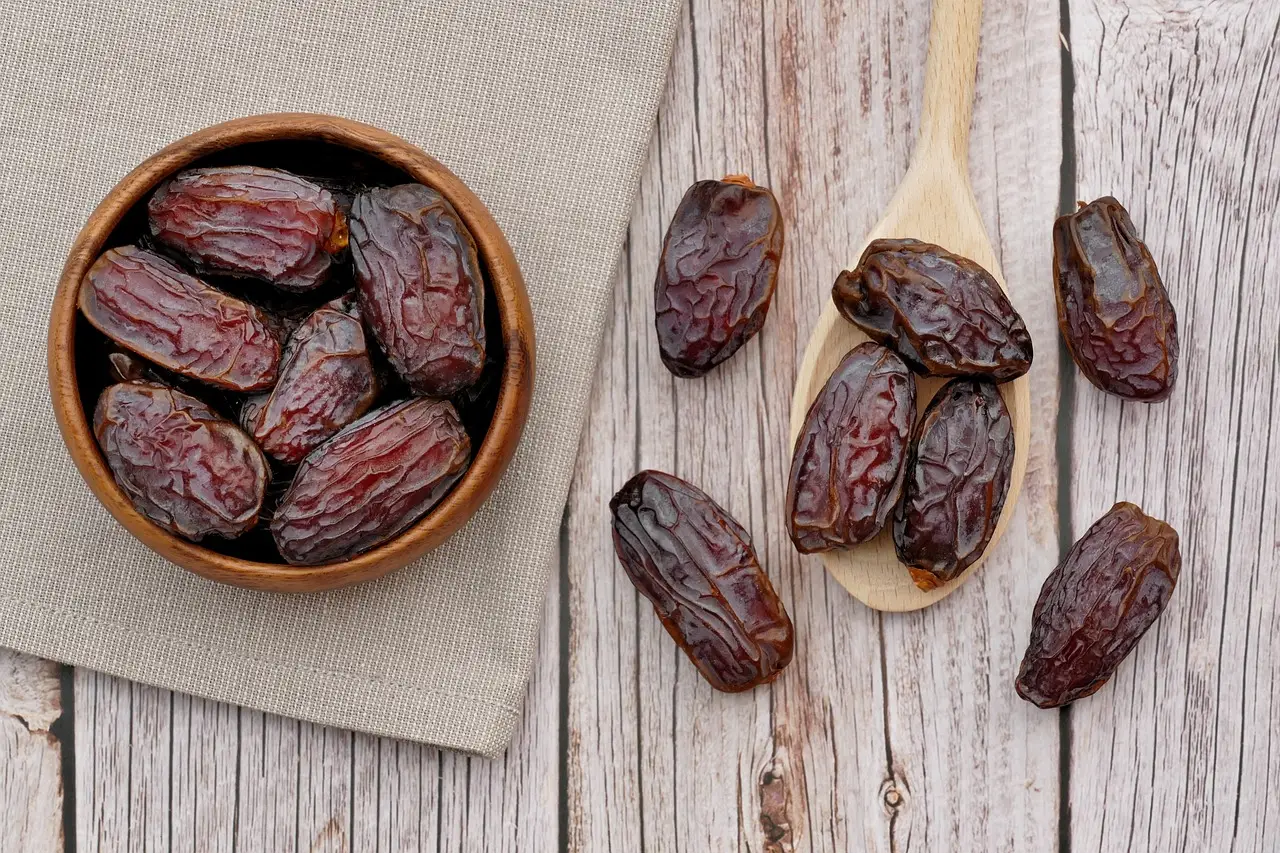
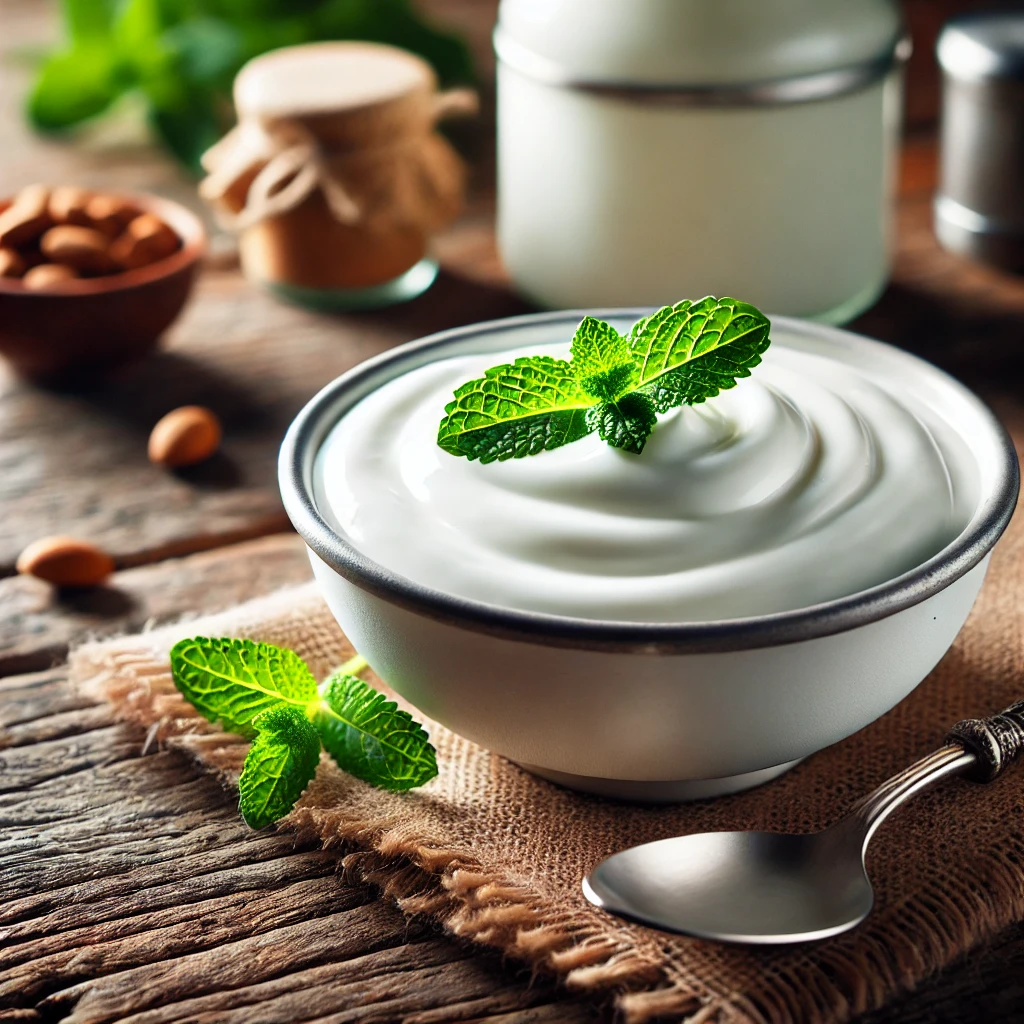
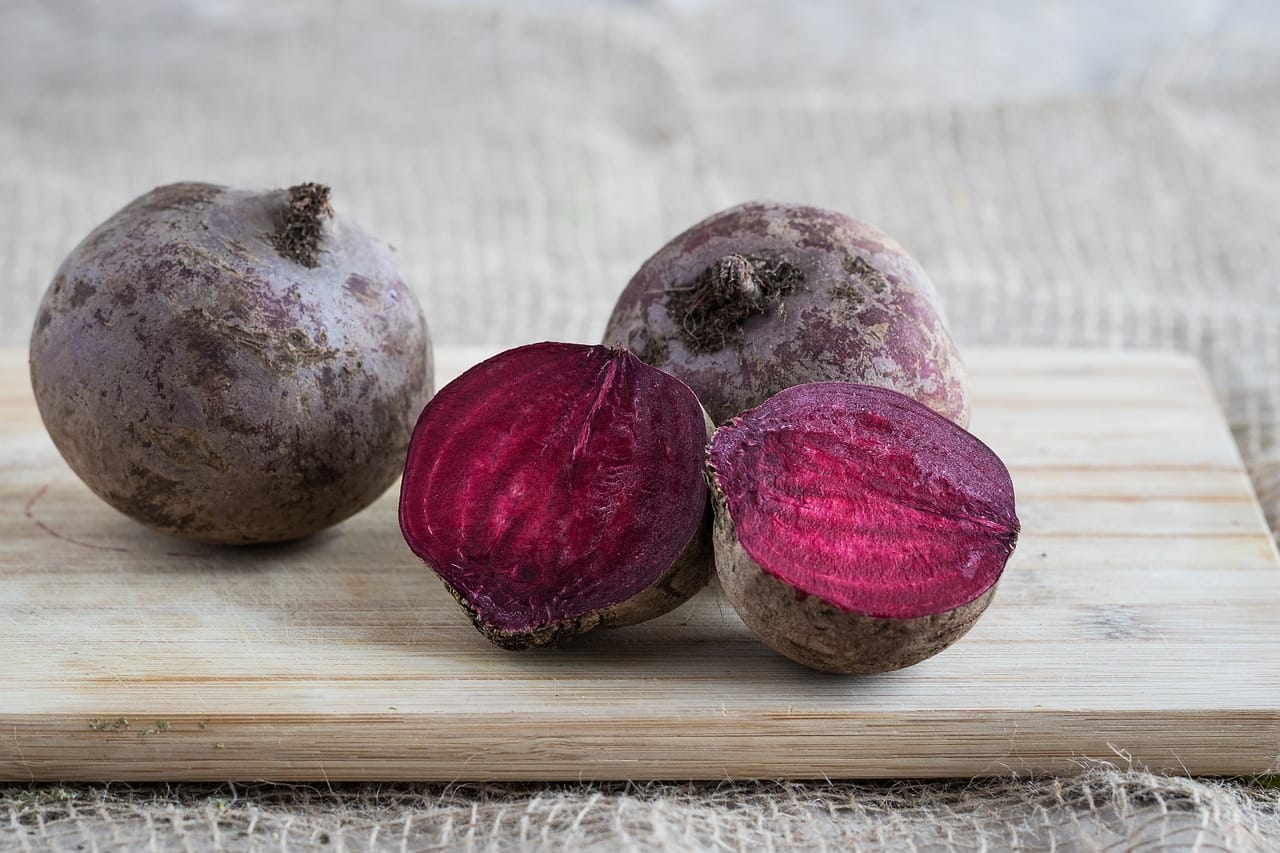
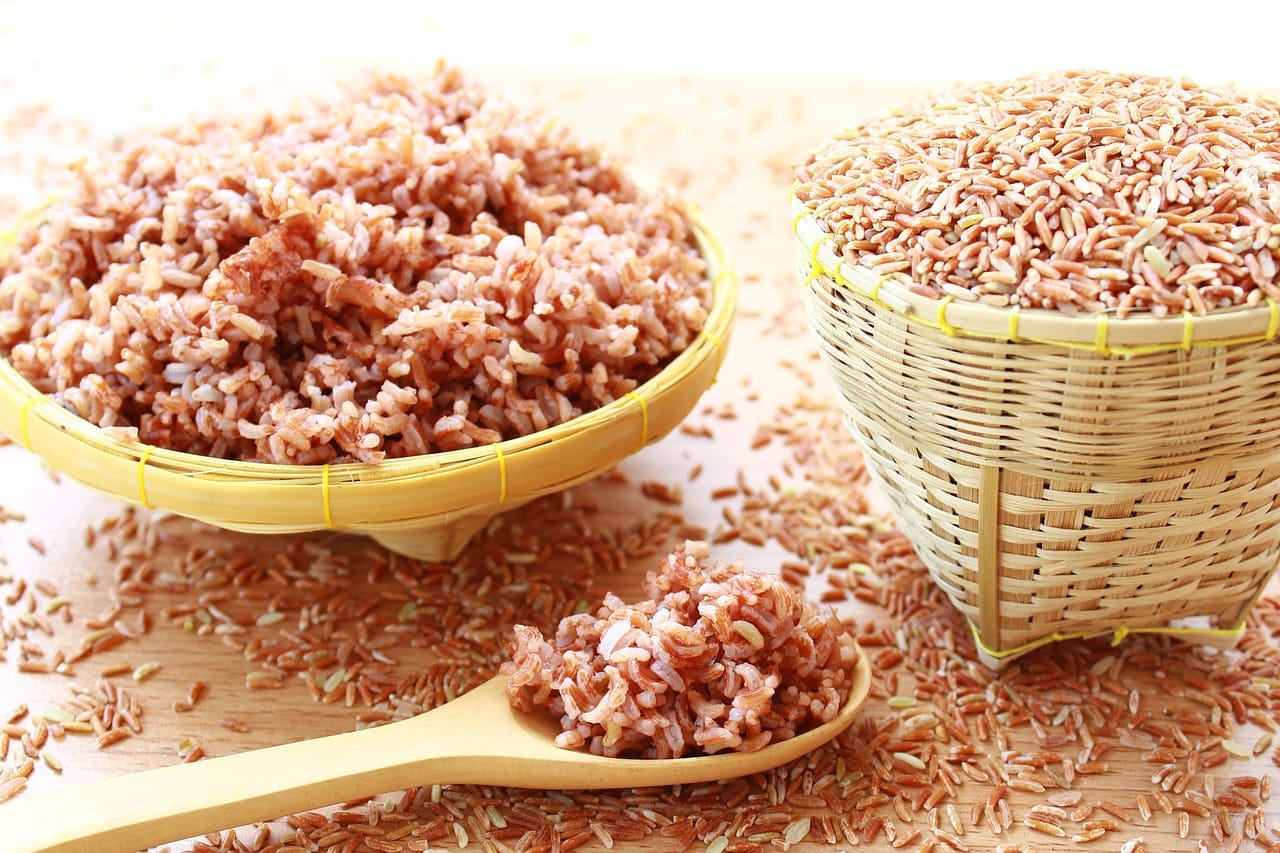
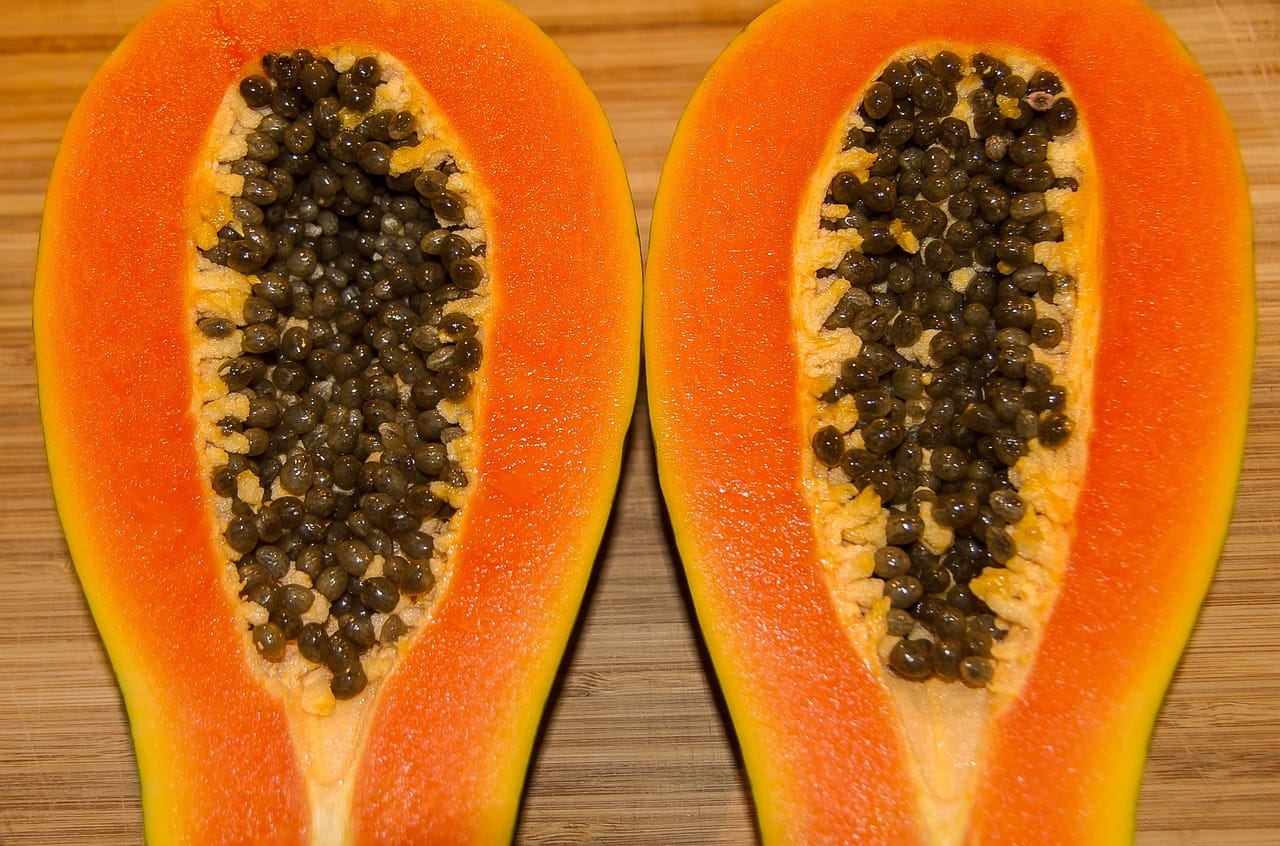
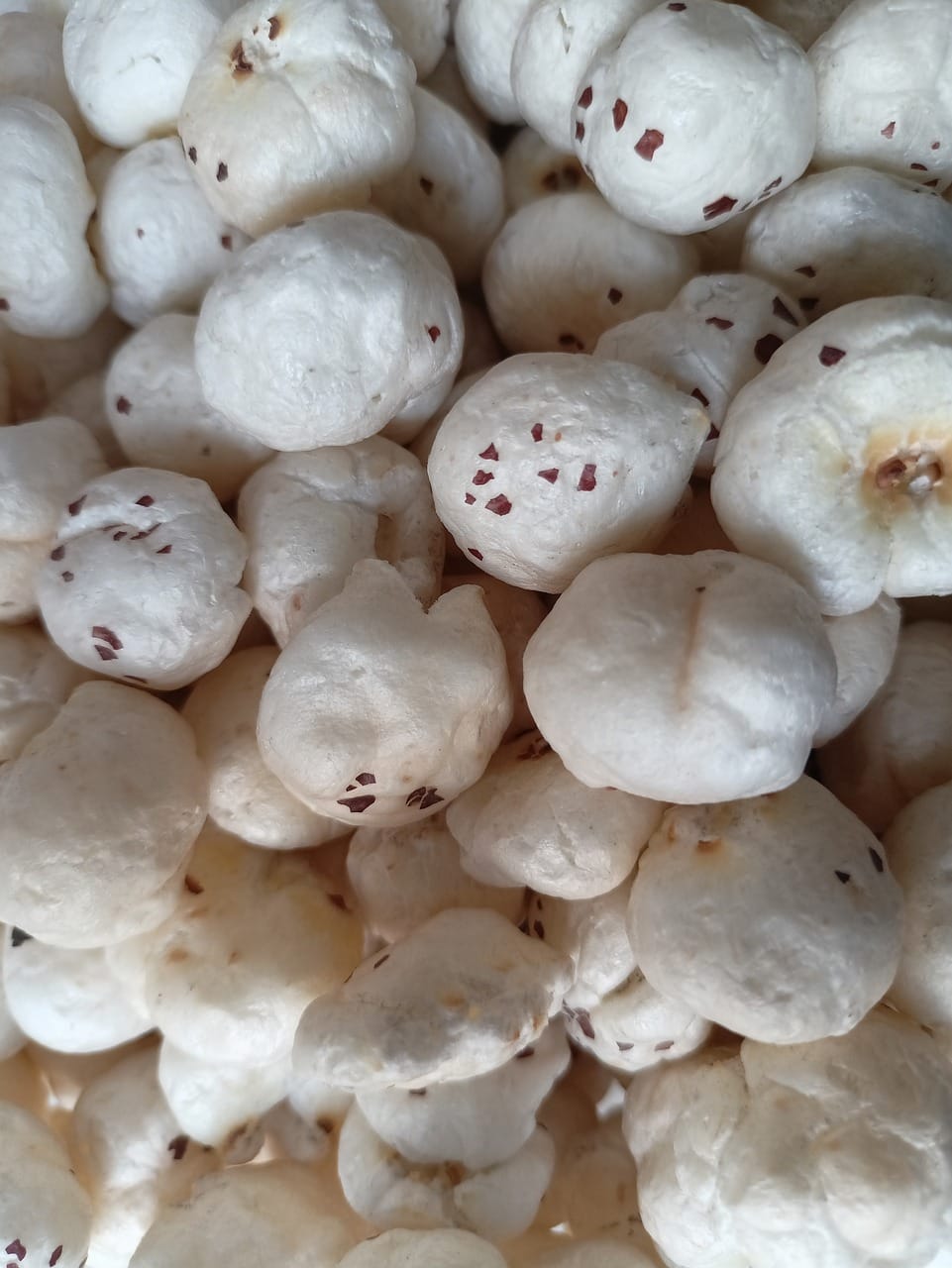

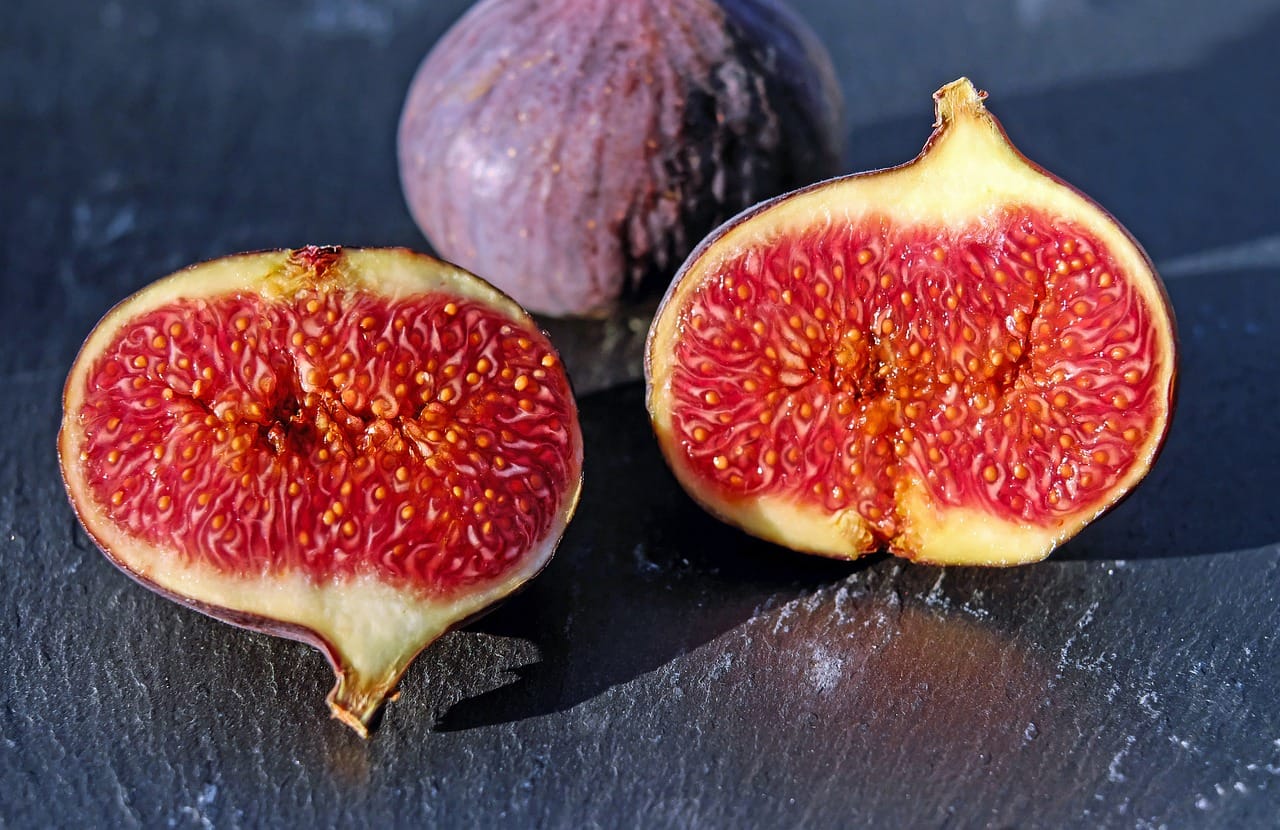
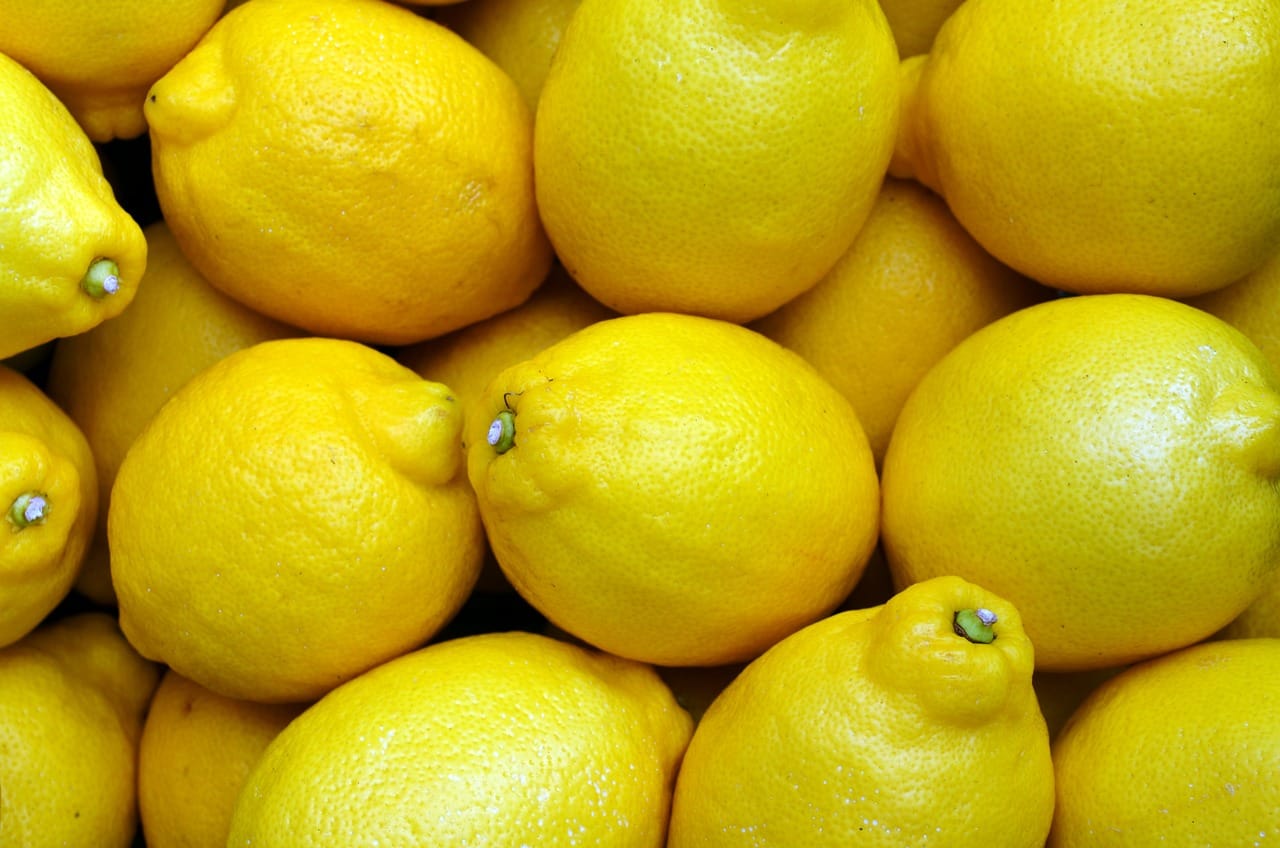
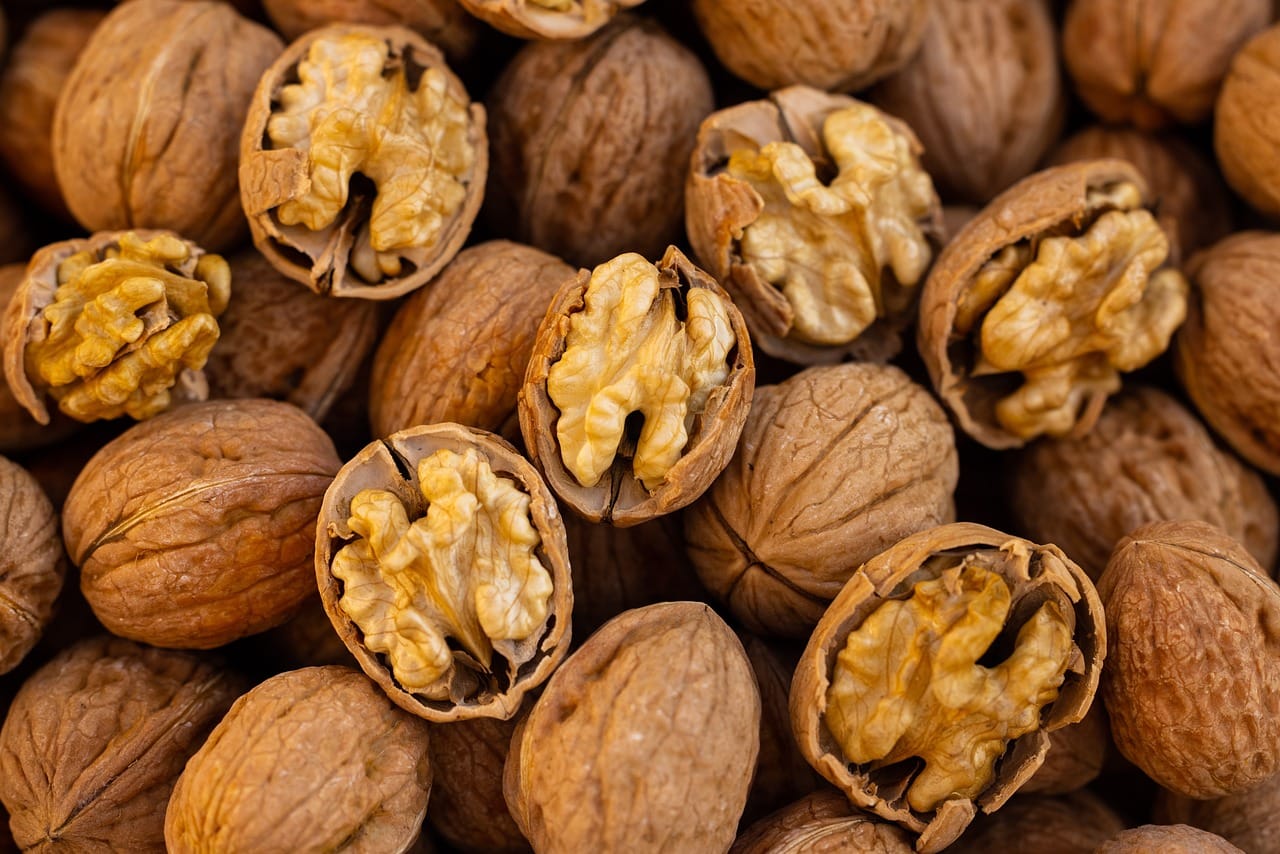


Leave a Reply